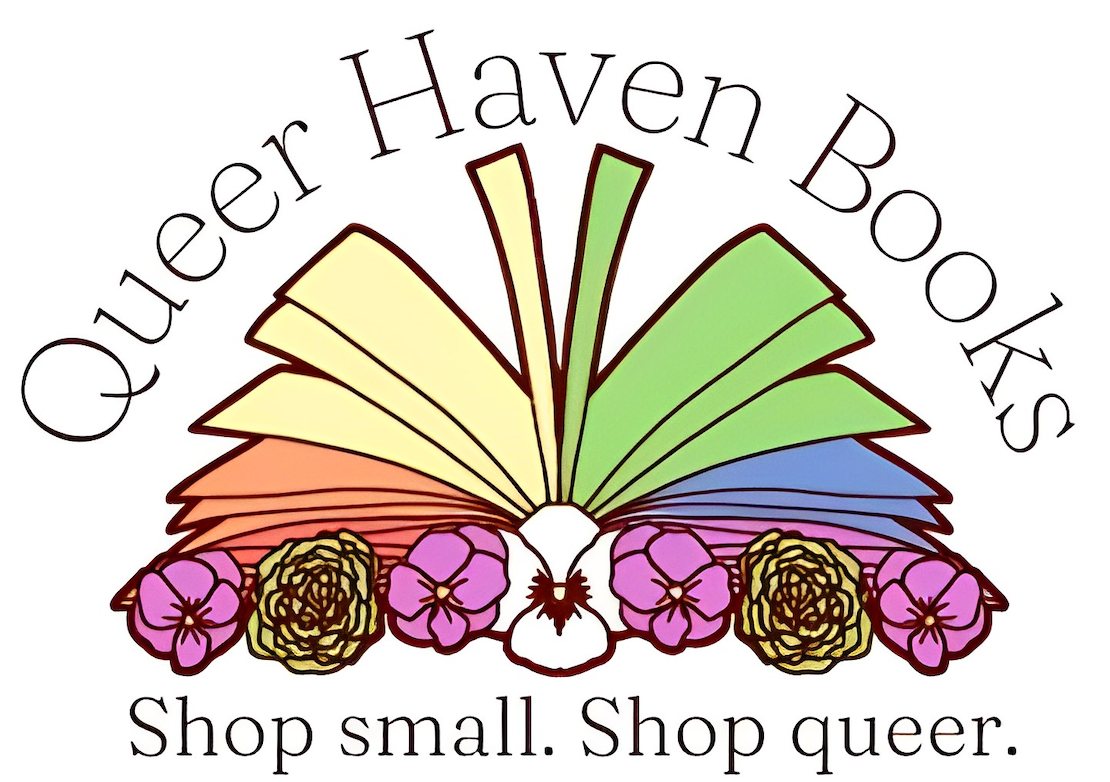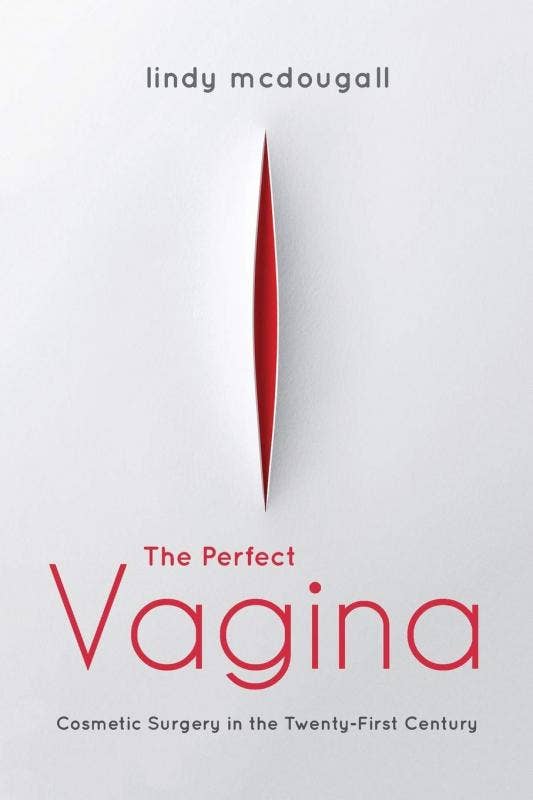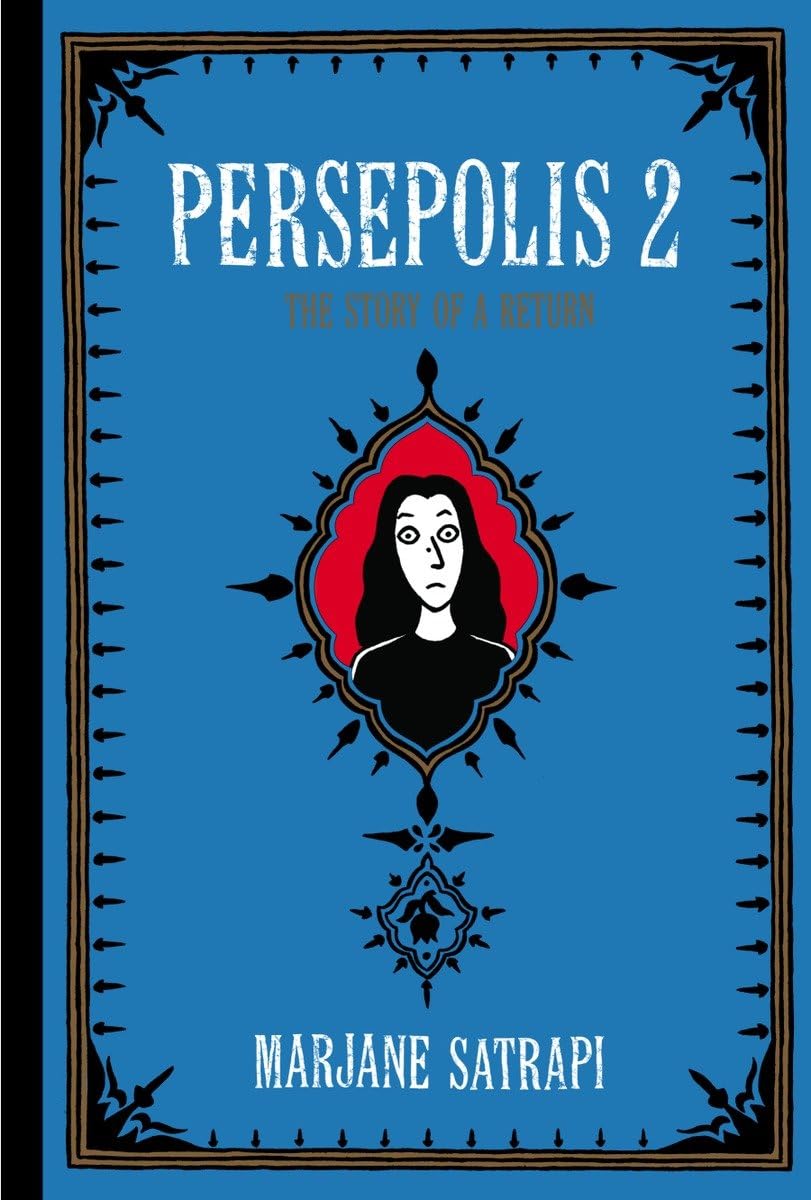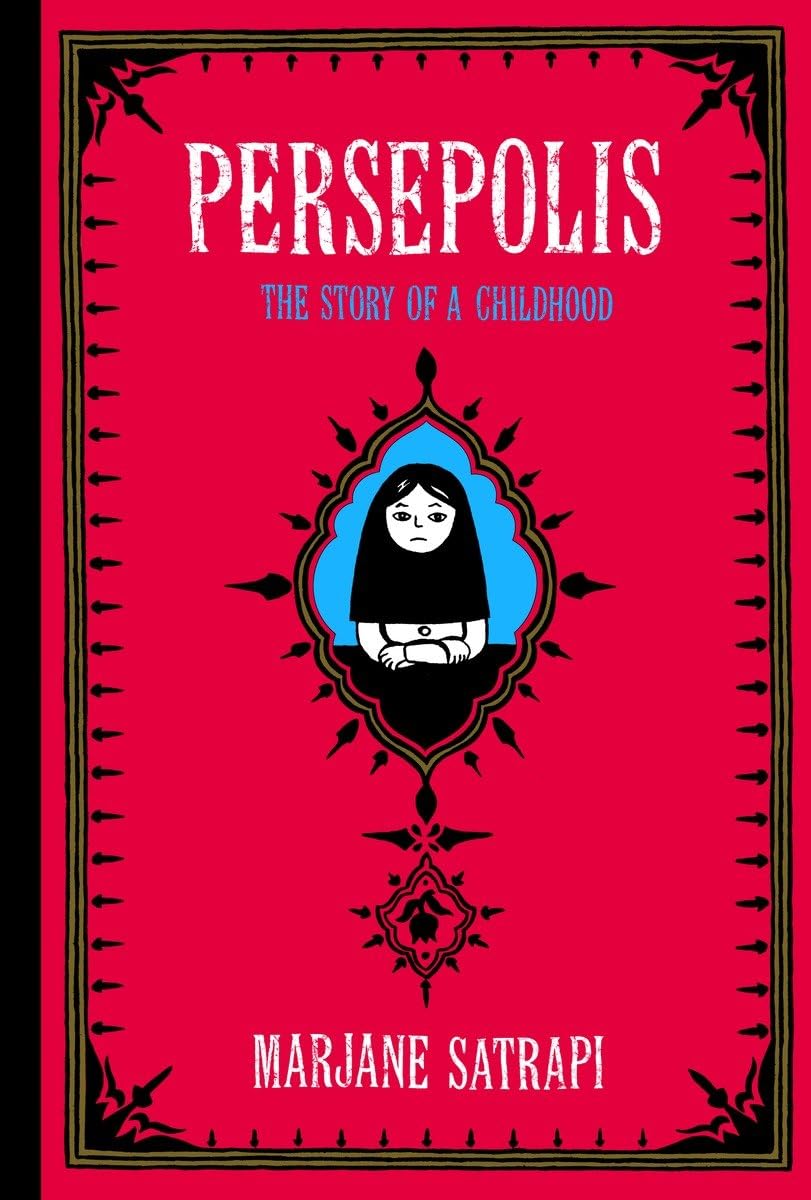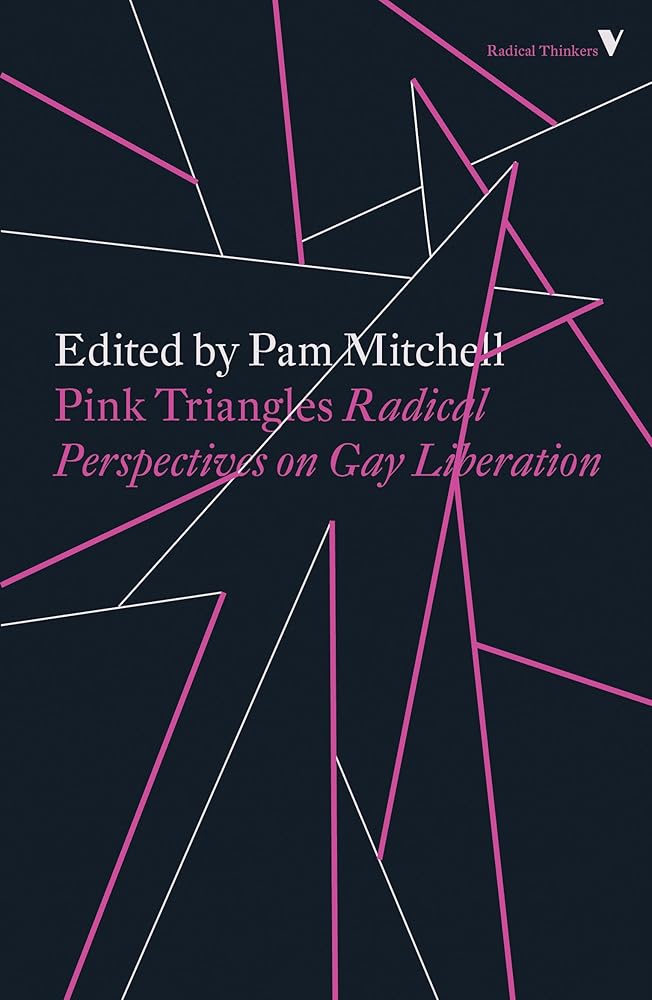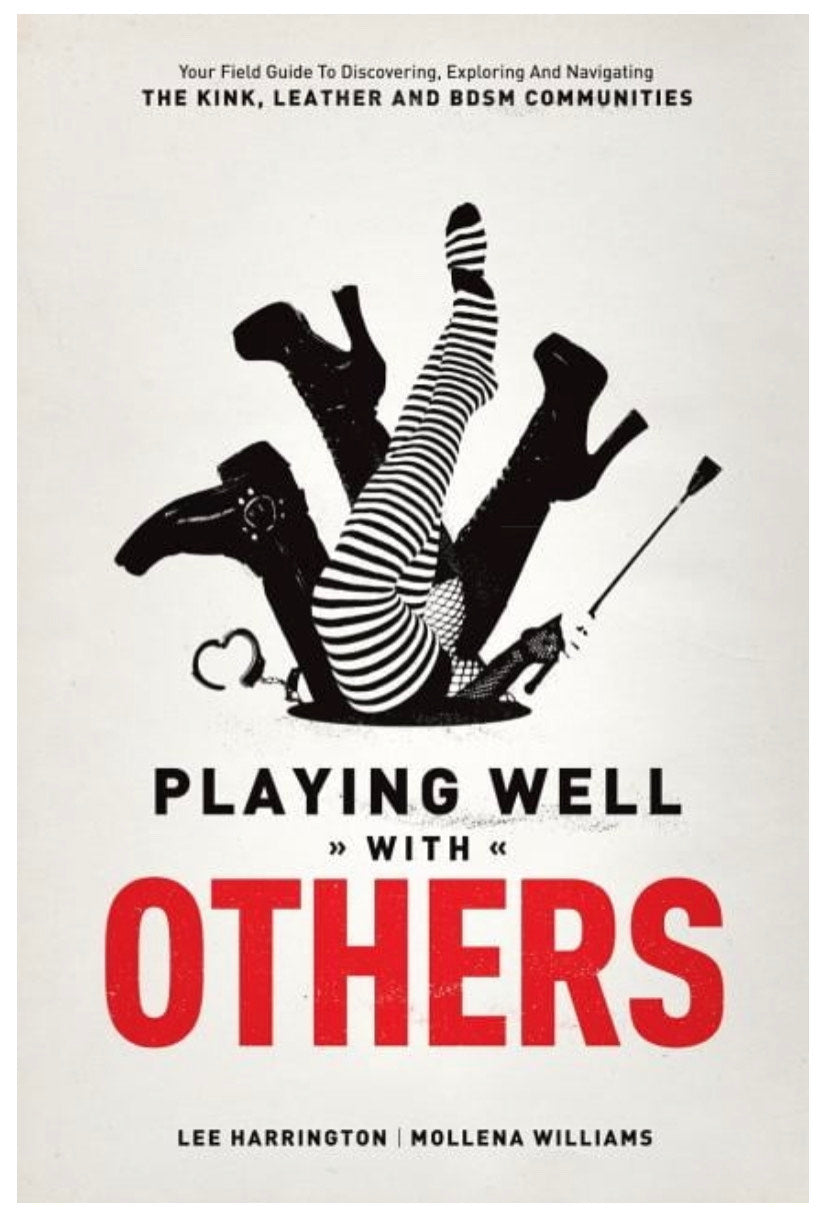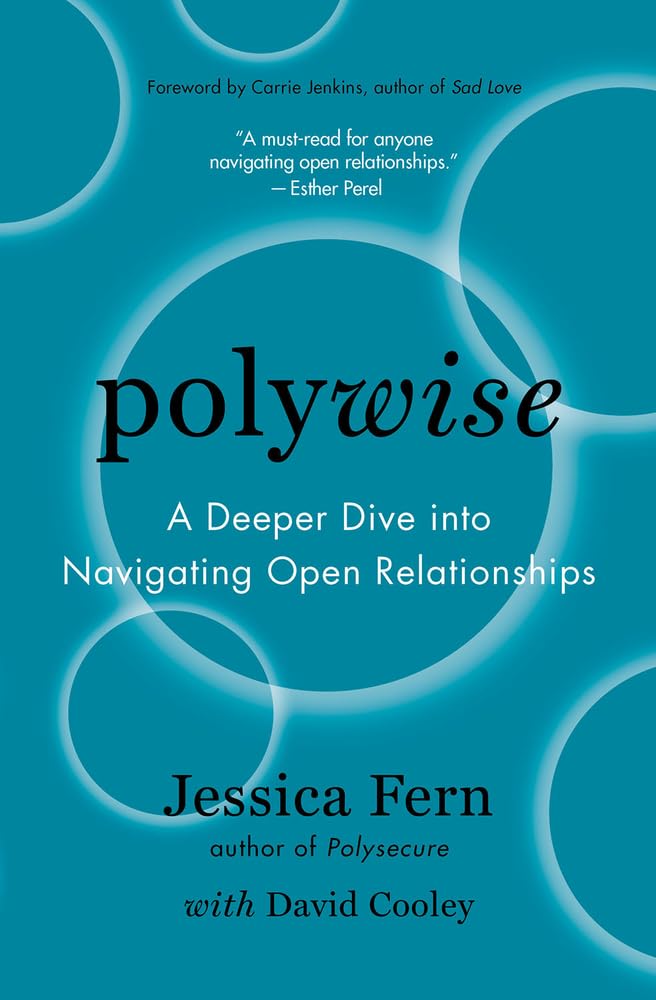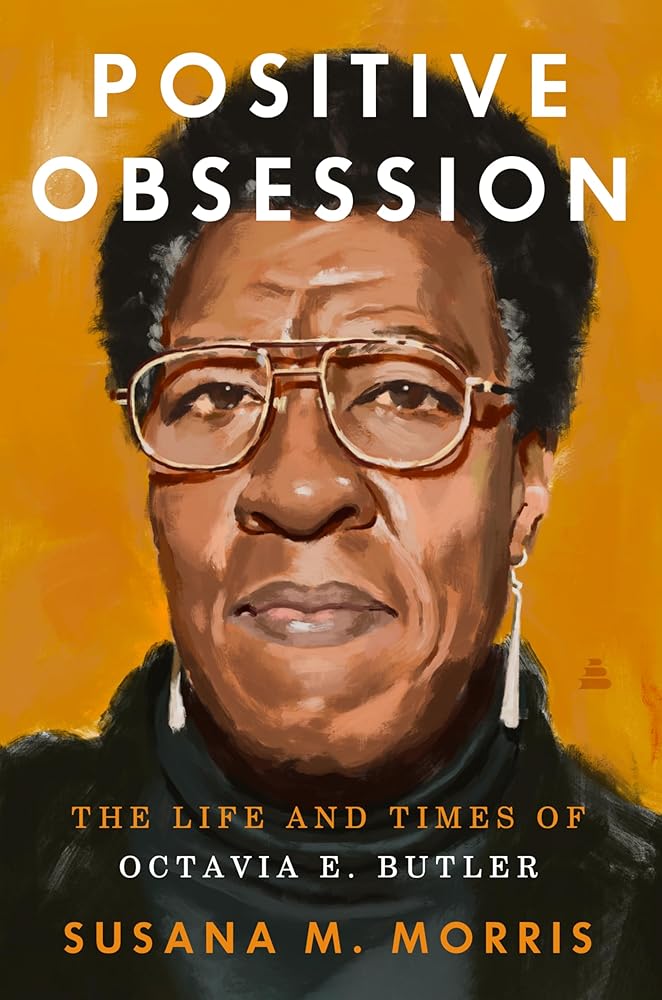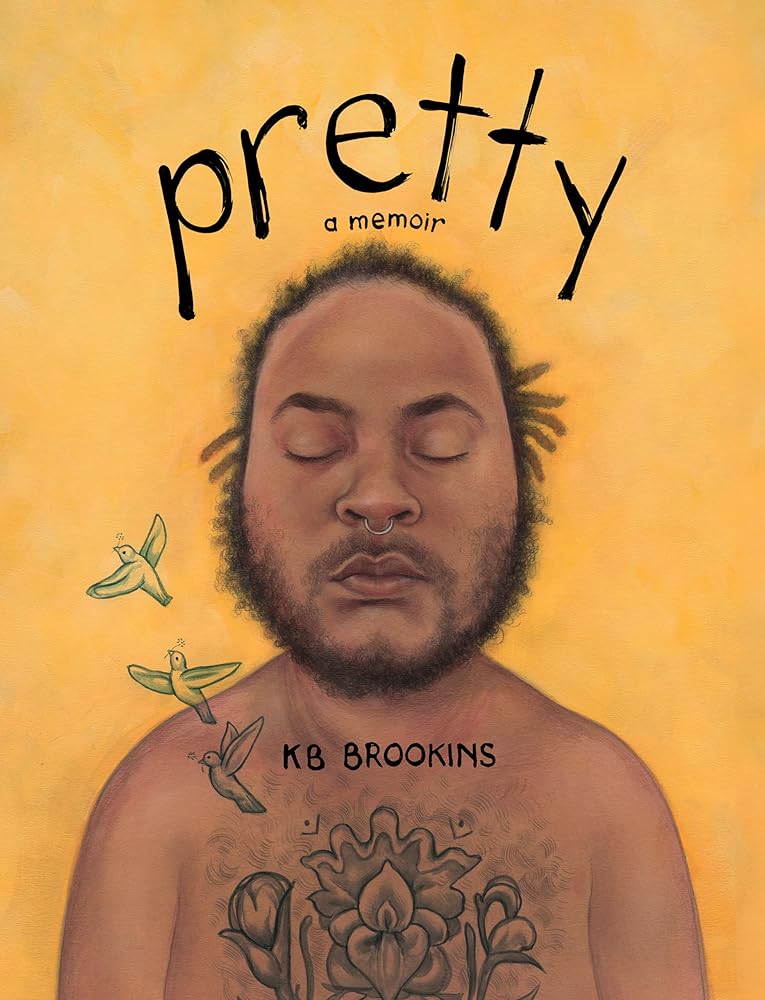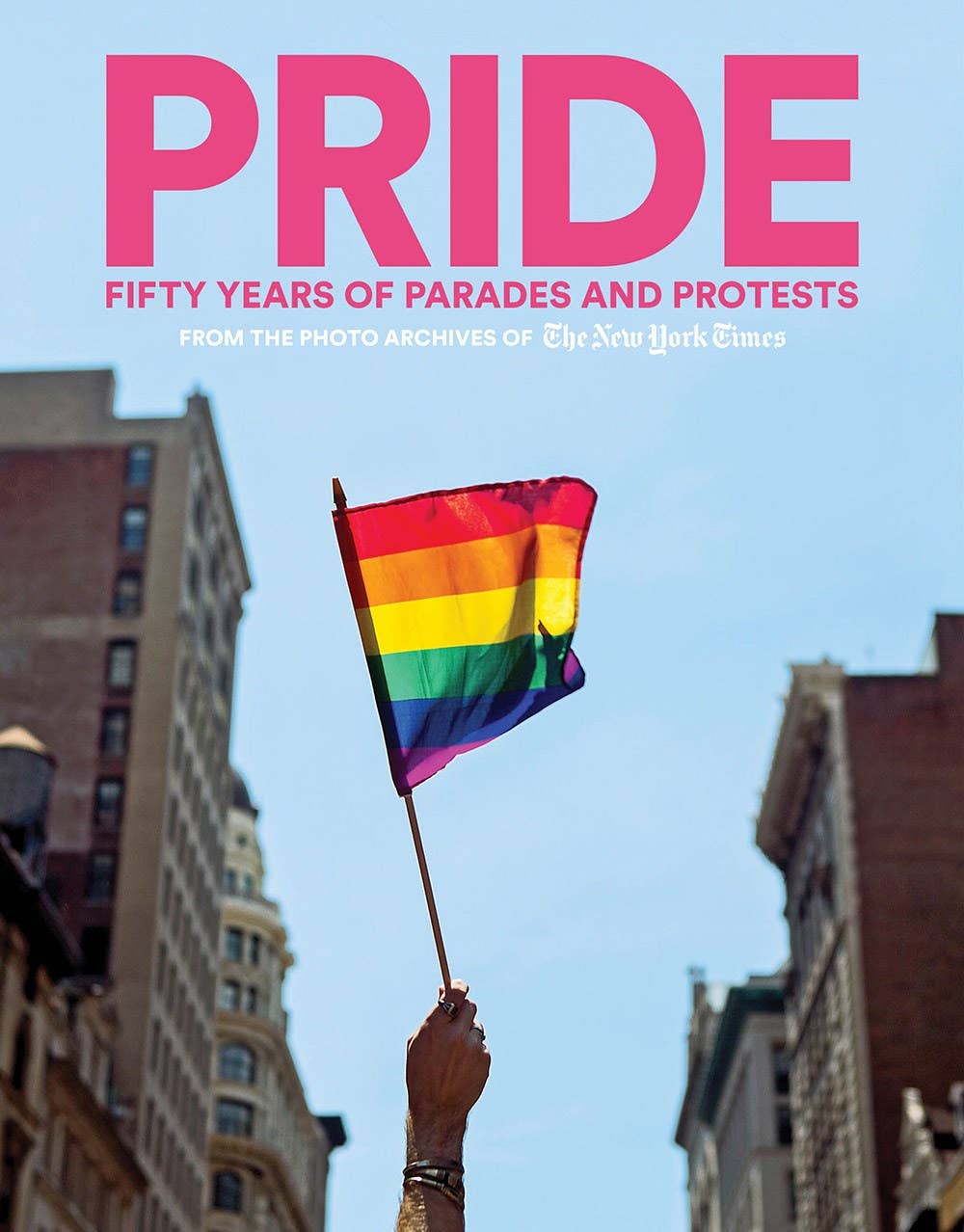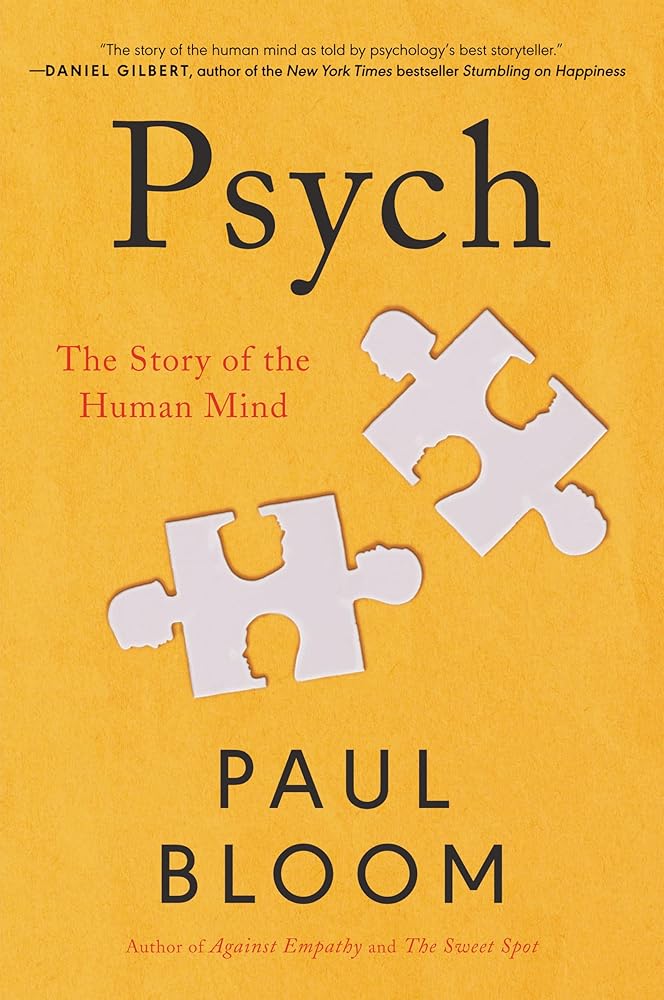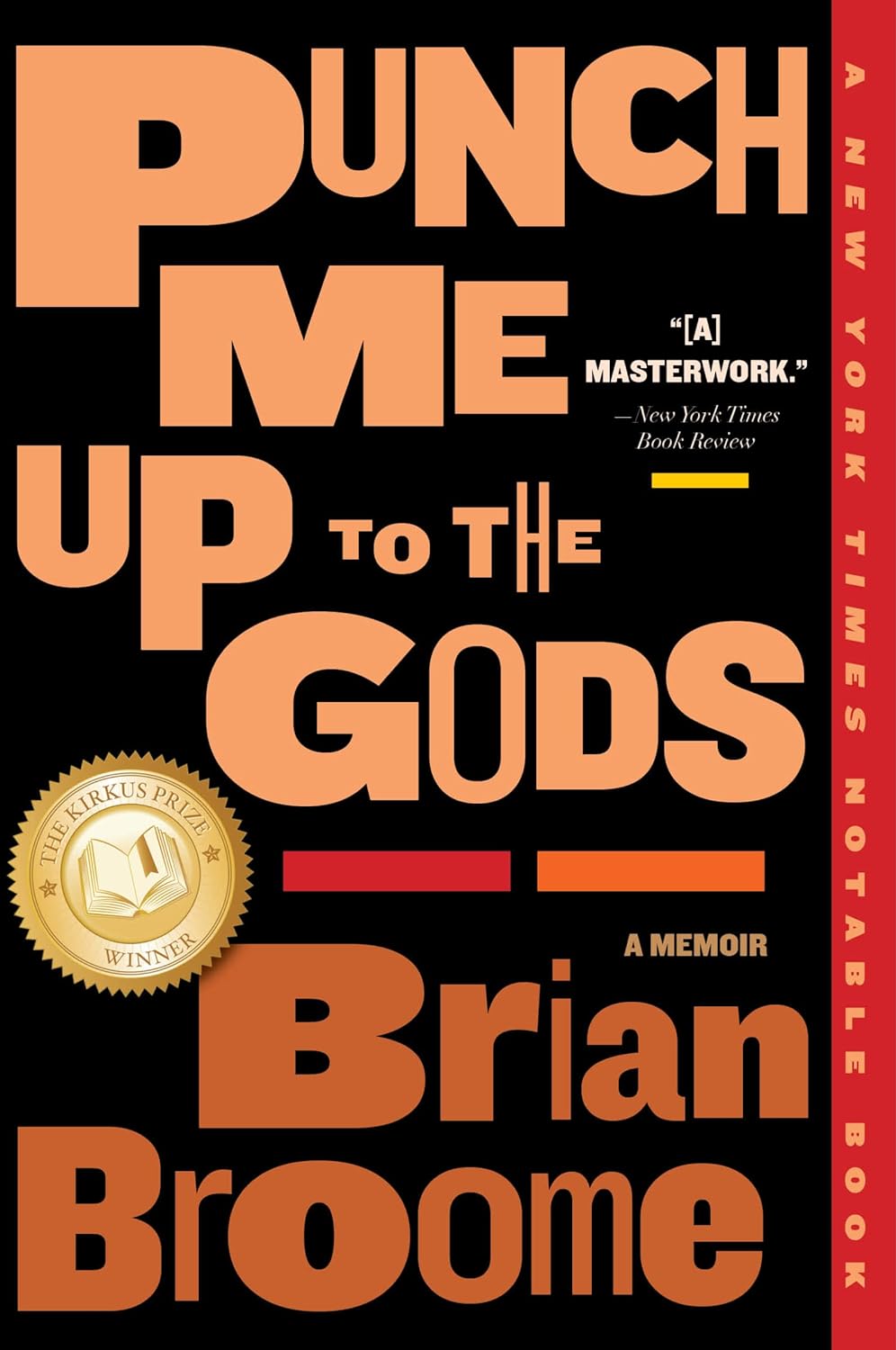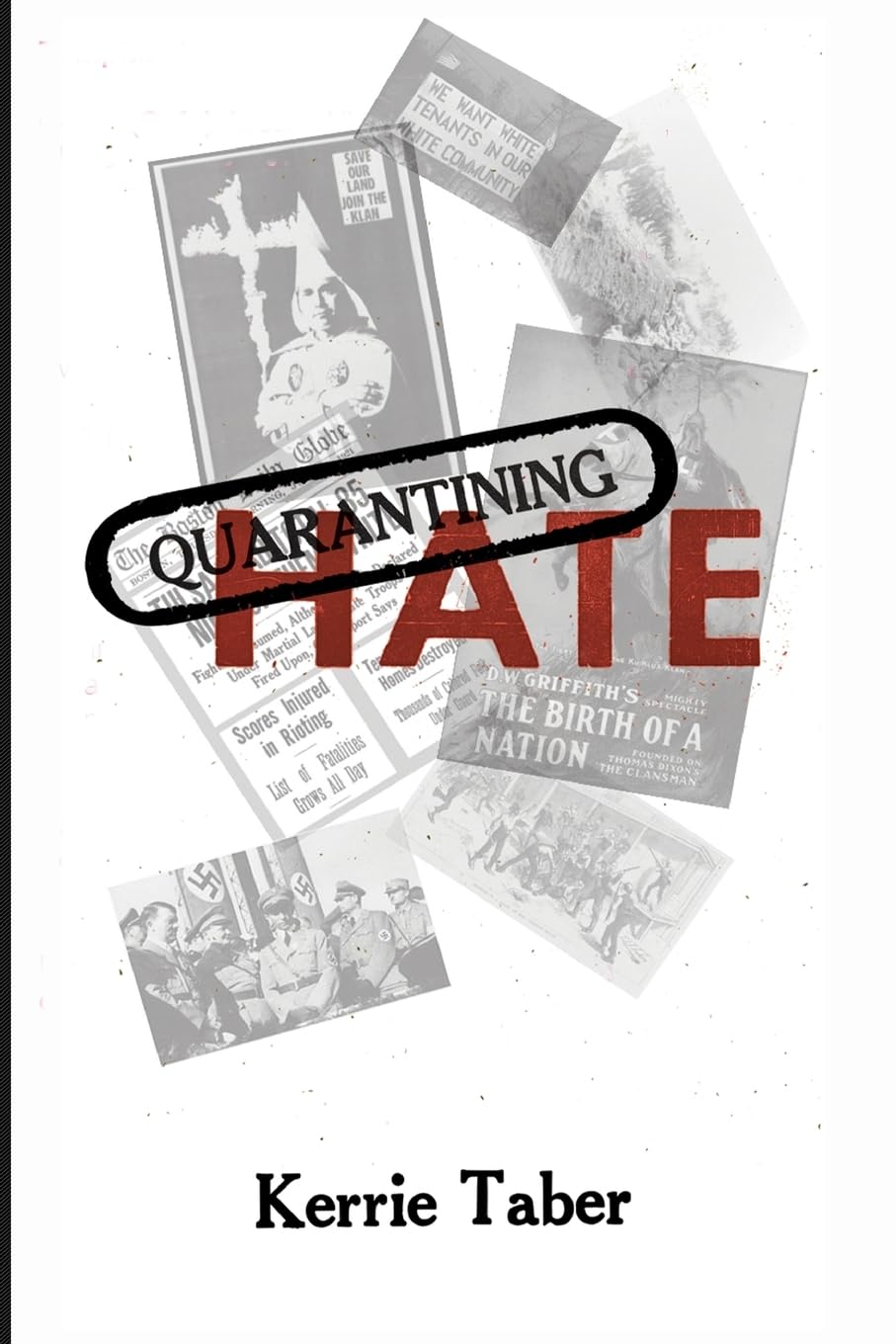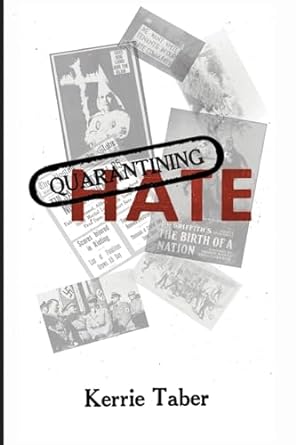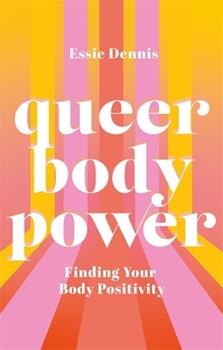Sort by:
367 products
367 products
By: Marjane Satrapi (Author), 2004, Paperback
NEW YORK TIMES BESTSELLER • Wise, funny, and heartbreaking, Persepolis is Marjane Satrapi’s acclaimed graphic memoir of growing up in Iran during the Islamic Revolution.
“A wholly original achievement.... Satrapi evokes herself and her schoolmates coming of age in a world of protests and disappearances.... A stark, shocking impact.” —The New York Times: "The 50 Best Memoirs of the Past 50 Years"
One of the New York Times’s 100 Best Books of the 21st Century
In powerful black-and-white comic strip images, Satrapi tells the coming-of-age story of her life in Tehran from ages six to fourteen, years that saw the overthrow of the Shah’s regime, the triumph of the Islamic Revolution, and the devastating effects of war with Iraq. The intelligent and outspoken only child of committed Marxists and the great-granddaughter of one of Iran’s last emperors, Marjane bears witness to a childhood uniquely entwined with the history of her country.
Persepolis paints an unforgettable portrait of daily life in Iran and of the bewildering contradictions between home life and public life. Marjane’s child’s-eye view of dethroned emperors, state-sanctioned whippings, and heroes of the revolution allows us to learn as she does the history of this fascinating country and of her own extraordinary family. Intensely personal, profoundly political, and wholly original, Persepolis is at once a story of growing up and a reminder of the human cost of war and political repression. It shows how we carry on, with laughter and tears, in the face of absurdity. And, finally, it introduces us to an irresistible little girl with whom we cannot help but fall in love.
"To link socialism and lesbianism is to link the unpopular with the taboo"
Though the interpretations of the interplay between sexism and capitalism, between the personal and the political, vary across this spectacularly wide ranging collection, each essay shares two fundamental premises. First, that the oppression of gays and lesbians is not an isolated case, and therefore their struggle is necessarily part of a larger movement for social liberation. And second, that the experience of gays and lesbians uphold the basic tenants of a foundational marxism, and that they are uniquely placed to contribute to a revitalization of marxist theory.
By: Lee Harrington (Author) & Mollena Williams (Author), 2012, Paperback
Whether you're a trembling novice or a jaded expert, there's always something new to be discovered in the endlessly changing, complex and titillating world of kink.
While there are plenty of other books out there that explain how to give a spanking or tie a half-hitch, Playing Well With Others is the first book that explains kink *culture* -- the munches, parties, leather bars, conferences, workshops, fetish nights, exploratoriums and all the other gatherings of kinksters that turn BDSM and leather from a bedroom predilection to a lifestyle and a community.
You'll learn to:
- Examine your own motivations, needs, wants and desires
- Ease your way into established communities
- Understand etiquette in different adventurous sex communities
- Familiarize yourself with the many types of events available to you
- Care for your relationships as you explore new territory
- Negotiate for play and aftercare
- Go back to the "world at large" without ruffling feathers
- ...and, of course, answer the all-important question: What do you wear?!
The team of Harrington and Williams offers 30-plus years of experience in diverse kink communities: top, bottom and switch; gay, bi and straight; female, male and trans; white and POC. Both former titleholders and international educators, they are an unbeatable pair of "sexual sherpas" with an inimitable voice and a great deal of wisdom.
Playing Well With Others is an unprecedented and essential guidebook for anyone who wants to explore or understand the "community" aspect of the kink lifestyle.
By: Jessica Fern (Author), 2023, Paperback
As polyamory continues to make its way into the mainstream, more and more people are exploring consensual nonmonogamy in the hope of experiencing more love, connection, sex, freedom and support. While for many, the move expands personal horizons, for others, the transition can be challenging, leaving them blindsided and overwhelmed. Beyond the initial transition to nonmonogamy, many struggle with the root issues beneath the symptoms of broken agreements, communication challenges, increased fighting and persistent jealousy. Polyamorous psychotherapist Jessica Fern and restorative justice facilitator David Cooley share the insights they have gained through thousands of hours working with clients in consensually nonmonogamous relationships. Using a grounded theory approach, they explore the underlying challenges that nonmonogamous individuals and partners can experience after their first steps, offering practical strategies for transforming them into opportunities for new levels of clarity and intimacy. Polywise provides both the conceptual framework to better understand the shift from monogamy to nonmonogamy and the tools to navigate the next steps.
A magnificent cultural biography that charts the life of one of our greatest writers, situating her alongside the key historical and social moments that shaped her work.
As the first Black woman to consistently write and publish in the field of science fiction, Octavia Butler was a trailblazer. With her deft pen, she created stories speculating the devolution of the American empire, using it as an apt metaphor for the best and worst of humanity—our innovation and ingenuity, our naked greed and ambition, our propensity for violence and hierarchy. Her fiction charts the rise and fall of the American project—the nation’s transformation from a provincial backwater to a capitalist juggernaut—made possible by chattel slavery—to a bloated imperialist superpower on the verge of implosion.
In this outstanding work, Susana M. Morris places Butler’s story firmly within the cultural, social, and historical context that shaped her life: the Civil Rights Movement, Black Power, women’s liberation, queer rights, Reaganomics. Morris reveals how these influences profoundly impacted Butler’s personal and intellectual trajectory and shaped the ideas central to her writing. Her cautionary tales warn us about succumbing to fascism, gender-based violence, and climate chaos while offering alternate paradigms to religion, family, and understanding our relationships to ourselves. Butler envisioned futures with Black women at the center, raising our awareness of how those who are often dismissed have the knowledge to shift the landscape of our world. But her characters are no magical martyrs, they are tough, flawed, intelligent, and complicated, a reflection of Butler’s stories.
Morris explains what drove Butler: She wrote because she felt she must. “Who was I anyway? Why should anyone pay attention to what I had to say? Did I have anything to say? I was writing science fiction and fantasy, for God’s sake. At that time nearly all professional science-fiction writers were white men. As much as I loved science fiction and fantasy, what was I doing? Well, whatever it was, I couldn’t stop. Positive obsession is about not being able to stop just because you’re afraid and full of doubts. Positive obsession is dangerous. It’s about not being able to stop at all.”
By a prize-winning, young Black trans writer of outsized talent, a fierce and disciplined memoir about queerness, masculinity, and race.
Even as it shines light on the beauty and toxicity of Black masculinity from a transgender perspective—the tropes, the presumptions—Pretty is as much a powerful and tender love letter as it is a call for change.
“I should be able to define myself, but I am not. Not by any governmental or cultural body,” Brookins writes. “Every day, I negotiate the space between who I am, how I’m perceived, and what I need to unlearn. People have assumed things about me, and I can’t change that. Every day, I am assumed to be a Black American man, though my ID says ‘female,’ and my heart says neither of the sort. What does it mean—to be a girl-turned-man when you’re something else entirely?”
Informed by KB Brookins’s personal experiences growing up in Texas, those of other Black transgender masculine people, Black queer studies, and cultural criticism, Pretty is concerned with the marginalization suffered by a unique American constituency—whose condition is a world apart from that of cisgender, non-Black, and non-masculine people. Here is a memoir (a bildungsroman of sorts) about coming to terms with instantly and always being perceived as “other”
By: The New York Times (Author), Adam Nagourney (Introduction), 2019, Hardcover
PRIDE: Fifty Years of Parades and Protests from the Photo Archives of the New York Times Published in honor of the 50th anniversary of the Stonewall riots, this book is a visual history of the gay rights movement seen in images from protests and parades from the New York Times. These photos, paired with descriptions of major events from each decade as well as selected reporting from The Times, showcase the victories, setbacks, and ongoing struggles for the LGBTQ community. Short discount.
A Next Big Idea Club Must-Read
A compelling and accessible new perspective on the modern science of psychology, based on one of Yale’s most popular courses of all time
How does the brain—a three-pound wrinkly mass—give rise to intelligence and conscious experience? Was Freud right that we are all plagued by forbidden sexual desires? What is the function of emotions such as disgust, gratitude, and shame? Renowned psychologist Paul Bloom answers these questions and many more in Psych, his riveting new book about the science of the mind.
Psych is an expert and passionate guide to the most intimate aspects of our nature, serving up the equivalent of a serious university course while being funny, engaging, and full of memorable anecdotes. But Psych is much more than a comprehensive overview of the field of psychology. Bloom reveals what psychology can tell us about the most pressing moral and political issues of our time—including belief in conspiracy theories, the role of genes in explaining human differences, and the nature of prejudice and hatred.
Bloom also shows how psychology can give us practical insights into important issues—from the treatment of mental illnesses such as depression and anxiety to the best way to lead happy and fulfilling lives. Psych is an engrossing guide to the most important topic there is: it is the story of us.
By: Brian Broome (Author), 2022, Paperback
WINNER OF THE KIRKUS PRIZE • WINNER OF A LAMBDA LITERARY AWARD • NEW YORK TIMESNOTABLE BOOK • NEW YORK TIMES EDITORS' PICK • STONEWALL HONOR BOOK • NAMED A BEST BOOK OF THE YEAR BY PUBLISHERS WEEKLY, KIRKUS REVIEWS, LIBRARY JOURNAL, AMAZON AND APPLE BOOKS • TODAY SUMMER READING LIST PICK • ENTERTAINMENT WEEKLY BEST DEBUT OF SUMMER PICK • PEOPLE BEST BOOK OF SUMMER PICK
A raw, poetic, coming-of-age “masterwork” (The New York Times)
Punch Me Up to the Gods introduces a powerful new talent in Brian Broome, whose early years growing up in Ohio as a dark-skinned Black boy harboring crushes on other boys propel forward this gorgeous, aching, and unforgettable debut. Brian’s recounting of his experiences—in all their cringe-worthy, hilarious, and heartbreaking glory—reveal a perpetual outsider awkwardly squirming to find his way in. Indiscriminate sex and escalating drug use help to soothe his hurt, young psyche, usually to uproarious and devastating effect. A no-nonsense mother and broken father play crucial roles in our misfit’s origin story. But it is Brian’s voice in the retelling that shows the true depth of vulnerability for young Black boys that is often quietly near to bursting at the seams.
Cleverly framed around Gwendolyn Brooks’s poem “We Real Cool,” the iconic and loving ode to Black boyhood, Punch Me Up to the Gods is at once playful, poignant, and wholly original. Broome’s writing brims with swagger and sensitivity, bringing an exquisite and fresh voice to ongoing cultural conversations about Blackness in America.
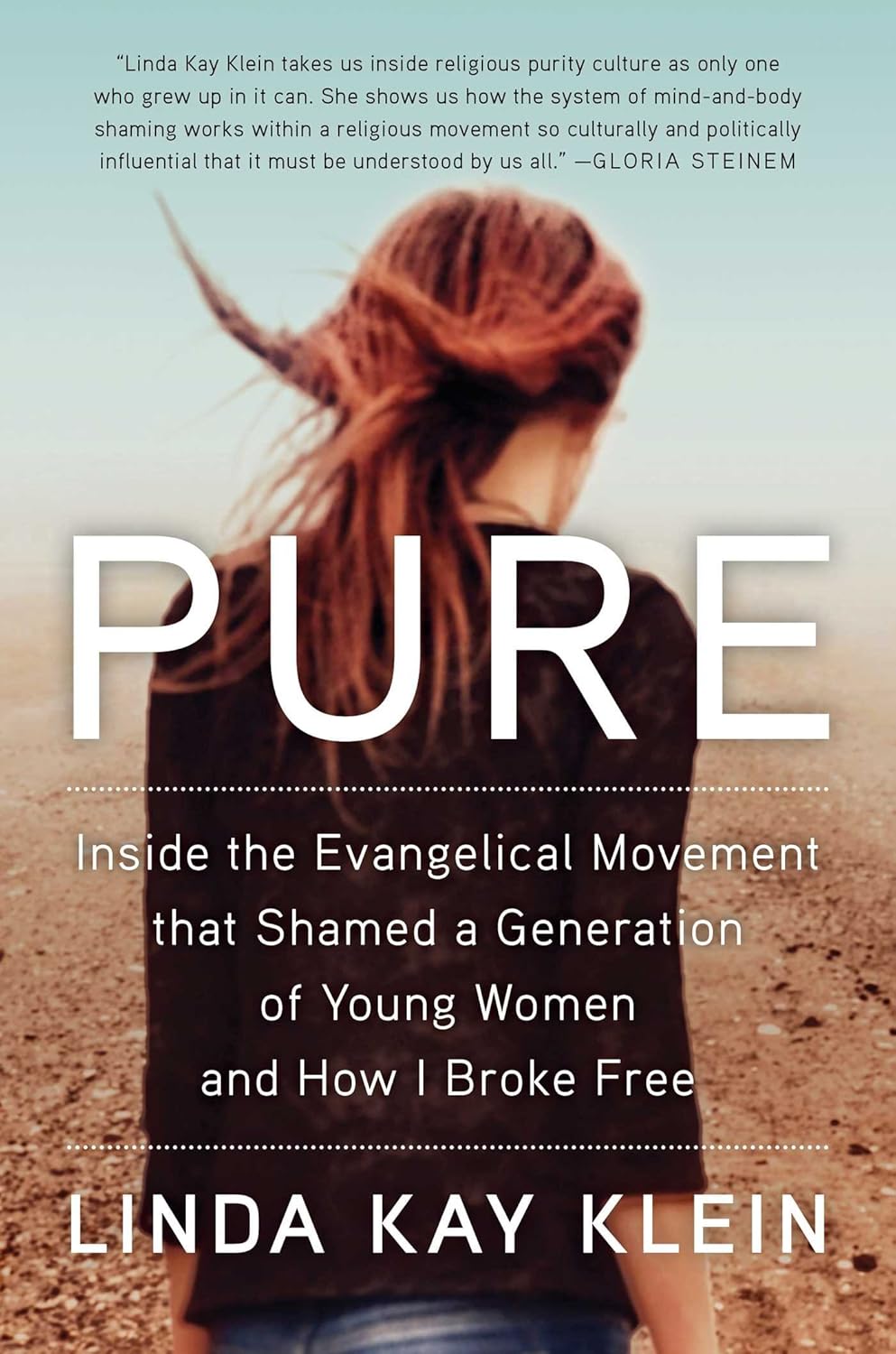
Pure: Inside the Evangelical Movement That Shamed a Generation of Young Women and How I Broke Free
$17.00
Unit price perPure: Inside the Evangelical Movement That Shamed a Generation of Young Women and How I Broke Free
$17.00
Unit price perBy Linda Kay Klein, 2019, paperback
By: Essie Dennis, 2022, Paperback
As a young, queer, plus-size person, Essie Dennis has spent a lot of time feeling like they weren't enough - not queer enough, not feminine enough, not perfect enough. When they took to social media to share how they felt, they were overwhelmed by how many others felt the same.
I look too masculine to be non-binary
I look too feminine to be a lesbian
Am I too fat for drag?
Inviting you to challenge accepted beauty standards and the concept of 'the perfect body', Essie takes everything they have learned on their journey to self-acceptance and body satisfaction to help guide you towards loving your queer body. From gender, sexuality and reclaiming your body, through to food, politics, social media and fatphobia, this radical book starts a conversation about body image and mental health that queer people are so often left out of.
Fiercely and unapologetically written, and with honest advice and powerful stories from a diverse range of queer people throughout, this is an inspiring and necessary book that will show you that you areenough.
